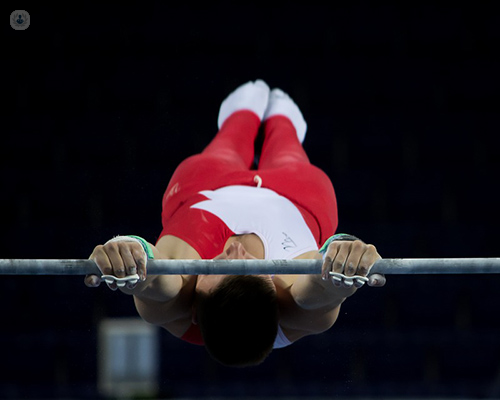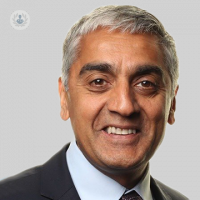Cardiology and exercise - what is sports cardiology?
Written by:We all know that exercise is good for the heart, and is encouraged when it comes to living a healthy life. Regular exercise can help to reduce the risk of a whole host of medical conditions, including diabetes, high blood pressure, heart disease, and even depression.

This said, there are some heart conditions that can be induced through exercise, and as a cardiologist it is important to work together with those who practise sport, especially athletes, to monitor their health and watch for any indicators of heart problems. It should be noted, however, that the benefits of exercise eclipse the risks by a great degree. Sports medicine works hard to prevent cardiac related death and occurrences are rare.
Can exercise be bad for your heart?
Exercise related heart problems can affect different people in different ways. In middle aged adults, the most frequently made association is coronary artery disease, which often is connected to those with a family history of heart attacks, or smokers.
However, in the young, cases are slightly different. Sports cardiology in this age group usually deals with uncommon heart conditions that can cause major complications when exercising. These range from arrhythmia (abnormal heart rhythm), to abnormalities in the heart structure or the heart muscles.
What does a sports cardiologist do?
Specialists in sports cardiology work closely with patients, especially athletes, to monitor the heart and check for risk of cardiac complications. Conditions can be diagnosed through looking at family history, medical background, and a combination of tests such as echocardiogram, or measuring the heart rhythm during exercise.
Can you play sport with a heart defect?
When inherited or congenital heart defects are detected, it doesn’t necessarily mean an end to sport and activity for the individual, as in some cases, lifestyle modifications, pharmaceutical remedy, and surgical options can allow a continuation of a relatively active lifestyle. These days, more is being done to identify people who are potentially at risk of heart disease or defects.
It is important to remember that exercise is not something to be avoided – research shows that those who do sport, on average, live six years longer than those who do not. Sports and regular exercise has countless beneficial effects on a number of conditions such as diabetes, high blood pressure, depression, and heart disease.
Sports cardiology aims to monitor existing conditions, and work together with athletes to reduce the risk of cardiac complications. Work is being done to ensure that the right steps are taken to ensure the safety of athletes, and to provide all young people participating in sport at any level with cardiac screening, and any defects are identified as soon as possible.
To make an appointment with a specialist sports cardiologist, click here.


